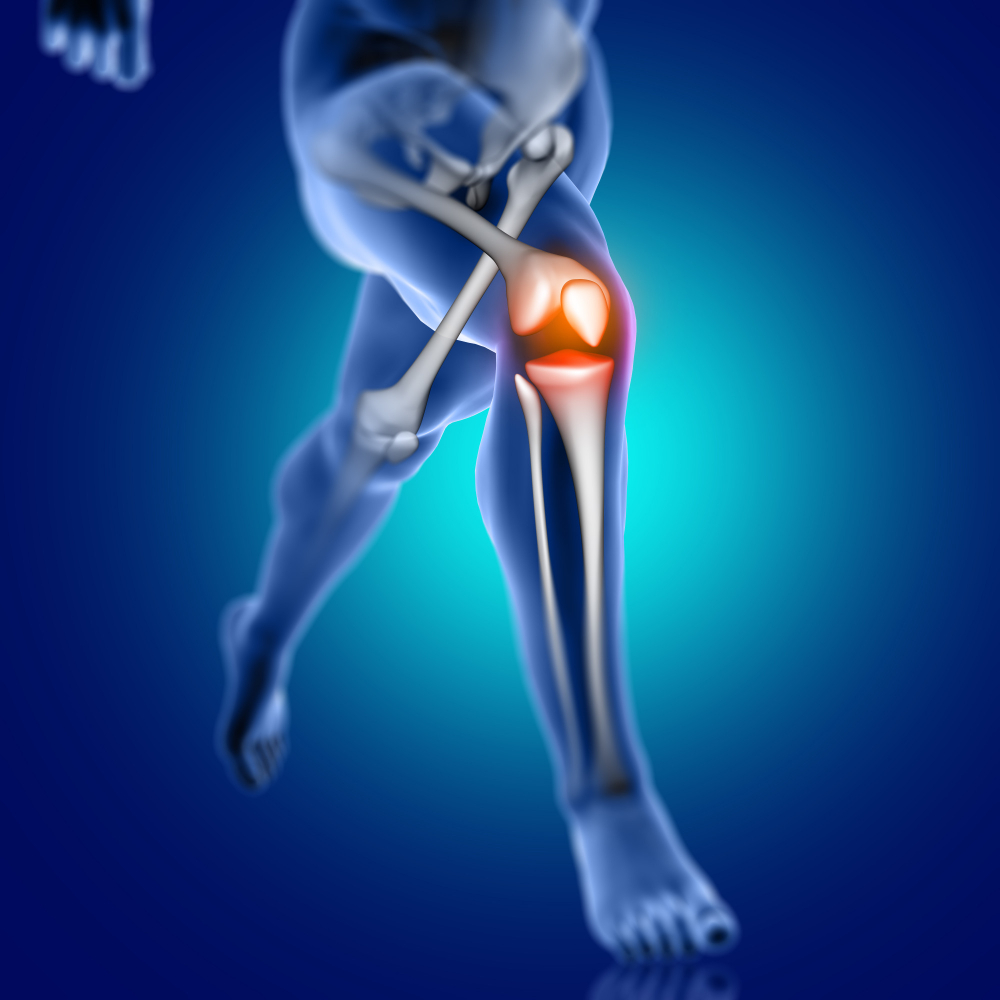Orthopedic
About

Joint Replacement Procedures: This most common orthopedic surgery, wherein knee and hip joint replacements are the majorly treated. These operations are among the most popular orthopedic treatments and replace a damaged joint with a prosthetic.
Revision Joint Surgery: It can be required to remove an old implant and place a new one if it has failed. When a patient has a faulty implant or an older implant has failed, revision operations are frequently necessary.
Debridement: When the bones are outgrown sometimes or are hampering regular activities, the bone is removed. Internal Fixation of Bones: This kind of surgery joins broken pieces of bone and secures them with pins, screws, or plates so that they can recover.
Osteotomy: This kind of surgery is required for children who have bone deformities to assist in rectifying the deformity and ensure proper bone growth.
